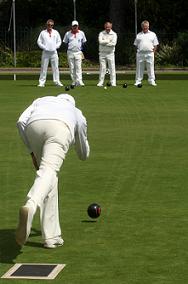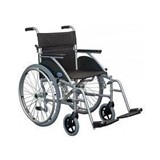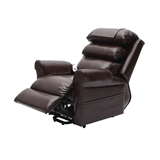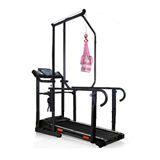The study, which is supported by Alzheimer's Australia, will be conducted in Brisbane by staff from The University of Queensland at the Royal Brisbane and Women's Hospital complex.
Other sites around Australia include the National Ageing Research Institute (NARI) at the University of Melbourne and The University of Western Australia in Perth.
This study follows on from previously published work by the research team which revealed that walking for two and a half hours per week for 24 weeks significantly improved memory and thinking ability in Australians who were 50 years and older and who reported problems with their memory.
Associate Professor Gerard Byrne, Head of Psychiatry at The University of Queensland and Director of the Older Persons Mental Health Service at the Royal Brisbane & Women's Hospital said: "It is becoming increasingly evident that regular physical exercise is not only important for physical health, but may also be an important part of maintaining a person's memory and thinking ability."
The new study, "Fitness for the Ageing Brain Study II (FABS II)", is looking for people with Alzheimer's disease who are living at home and have a family a member or friend who is willing to participate in the study as well.
"We hope that the physical activity program will not only improve the quality of life and general wellbeing of the patient, but that it will also be of benefit to the carer," Associate Professor Byrne said.
Participants will have a personalised training program developed for them which will take up to 150 minutes per week for 24 weeks and which may include a range of physical activities.
They will have their activity level assessed every six months through the use of a pedometer, their ability to walk distances, how quickly they can get out of a chair, and their ability to grip objects.
The main hypothesis of this study is that participants with mild to moderate Alzheimer's Disease who participate in the personalised training program for 24 weeks will experience significantly less difficulty with their memory and thinking ability by the end of the program than participants who undertook their usual exercise activity.
"Over the last 10 years, substantial progress has been made in the development of new drugs for people with Alzheimer's Disease," Associate Professor Byrne said.
"We now need cost-effective non-pharmacological interventions and it seems that one of the most promising of these is physical activity."
People with mild to moderate Alzheimer's Disease who are living at home in the community and have someone willing to supervise them during their activity program and accompany them to clinic visits are needed to participate in this study in Brisbane, Melbourne and Perth.












